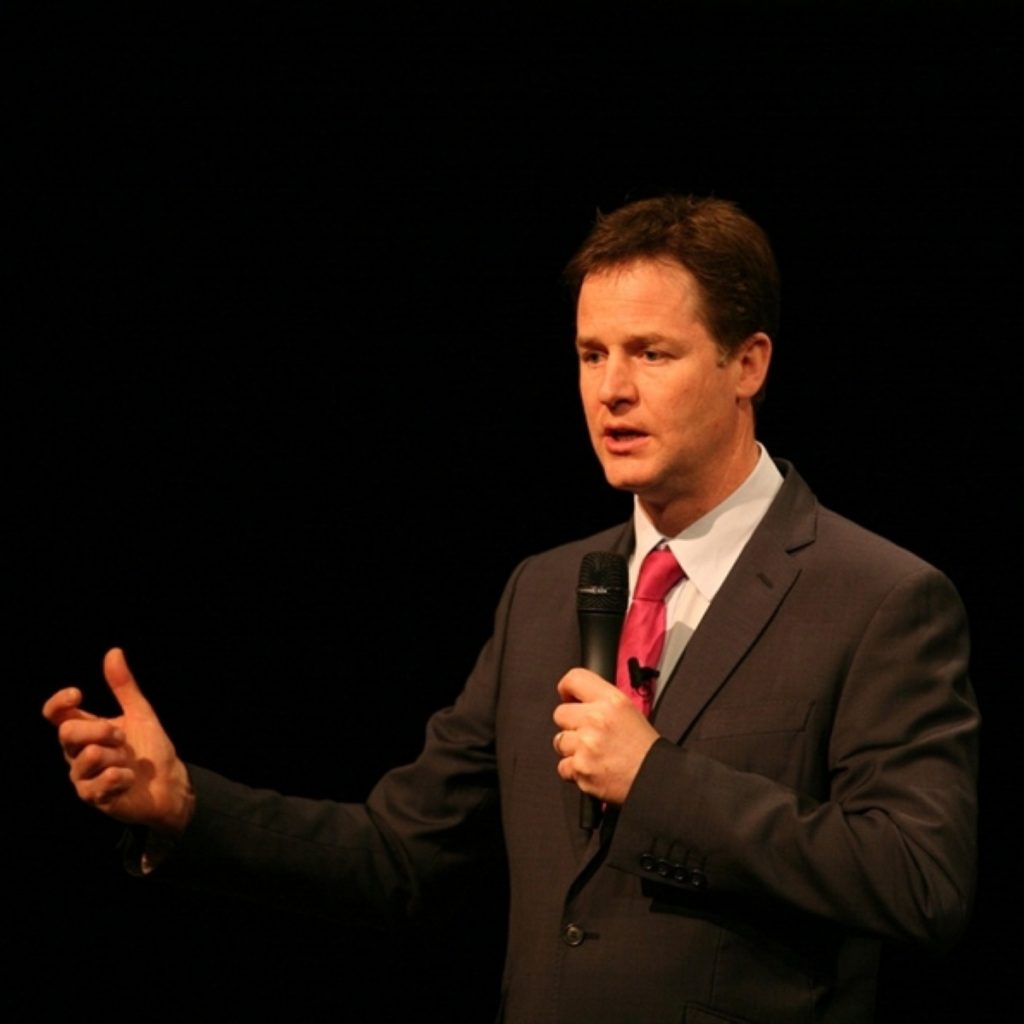Clegg paves way for end of press self-regulation
By politics.co.uk staff
The sense that press self-regulation is a thing of the past was cemented this morning by Nick Clegg, as he echoed recent comments from the prime minister.
Stressing that " a lot of good" can come from the phone-hacking scandal "if we're brave enough", the deputy prime minister elaborated on his arguments for the future of the industry while appearing on the Andrew Marr programme.
"Even if you get plurality rules right none of it matters unless you hold people to account in the media," he said.


"You have editors in national newspapers who make or break people's reputation in the blink of an eye but they are not held to account. In no other walk of life do you have people acting as judge and jury in that way."
While the inquiry into media culture will start this summer, David Cameron has already stated that he would prefer a system of independent regulation and Mr Clegg's comments are likely to solidify the sense that the government has already made up its mind on the issue.
Ed Miliband still backs a system of self-regulation – one of the rare phone-hacking-related policy areas where he has not gone as far as the prime minister.
Mr Cameron urged Mr Miliband not enter a "bidding war" on the issue when he outlined the upcoming inquiries in the Commons last week.
"Everytime there's been a crisis in different pillars of the establishment, the response if to give more power to people independent of the sector," Mr Clegg said.
"I don't see why the press should be unique – for instance, having an ethics commit overseeing the code of conduct of newspaper. Guess who's on it? It's chaired the editor of the Daily Mail."
Lord Justice Leveson, who is chairing the inquiry, said the question at its heart was: "Who guards the guardians?"












